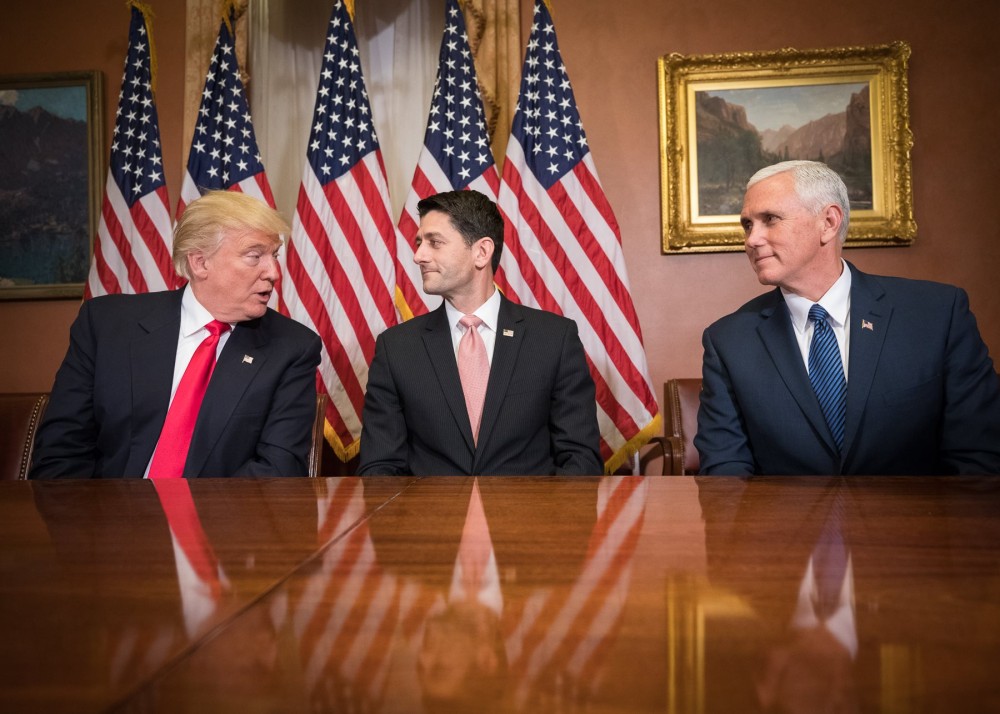Middle-class tax cuts? Give us a break.
The new tax law reveals the cynicism and greed of GOP leaders.

“We are giving the people their money back,” exulted House Speaker Paul Ryan as Congress approved a massive overhaul of the tax code, which was signed into law by President Trump days before Christmas.
It would be more accurate to say that Congress is giving corporations and wealthy Americans their money back. They are the clear winners under the new law, which cuts the top rate for high earners and gives lower-income workers only modest and temporary tax breaks.
The Tax Policy Center estimates that those earning $25,000 will get an average annual tax cut of $60, or 0.4 percent of after-tax income. That’s hardly one trip to the grocery store. Meanwhile, taxpayers with income between about $308,000 and $733,000 will see an average tax cut of about $13,500, or 4.1 percent of after-tax income. Estimates are that in ten years, when rate cuts for individuals are phased out, nearly 70 percent of families with income between $55,000 and $93,000 a year will be paying more in taxes than they are now.





